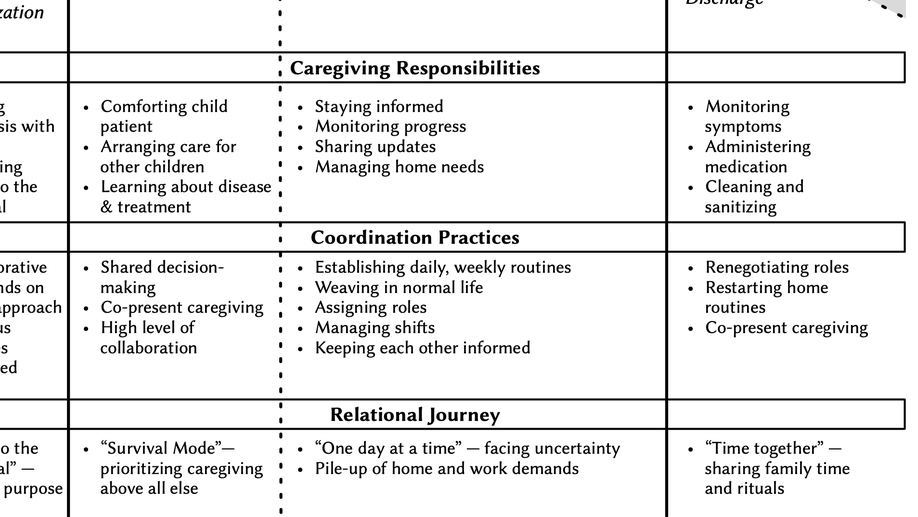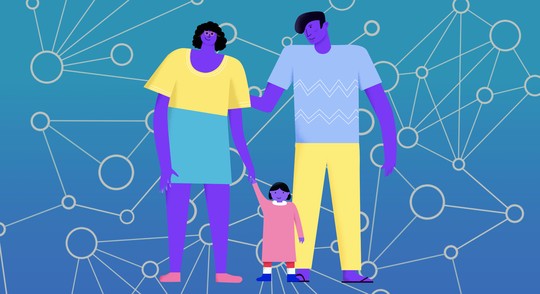About me
I'm an Associate Professor and Chair of the Human-Centered Computing department in the Luddy School of Informatics, Computing, and Engineering at Indianapolis.
In my research, I study how social computing technology can empower people to help each other with their health and wellness. I design pervasive technologies to encourage and enable new forms of social support online and offline, and I work with youth and their families as participants to shape both the technical systems and in-the-wild deployments. I am currently focused on research related to my NSF CAREER award, a five-year grant to support my research into family resilience technologies.
I’m committed to a diverse and equitable future for computing. Read my statement of values.

